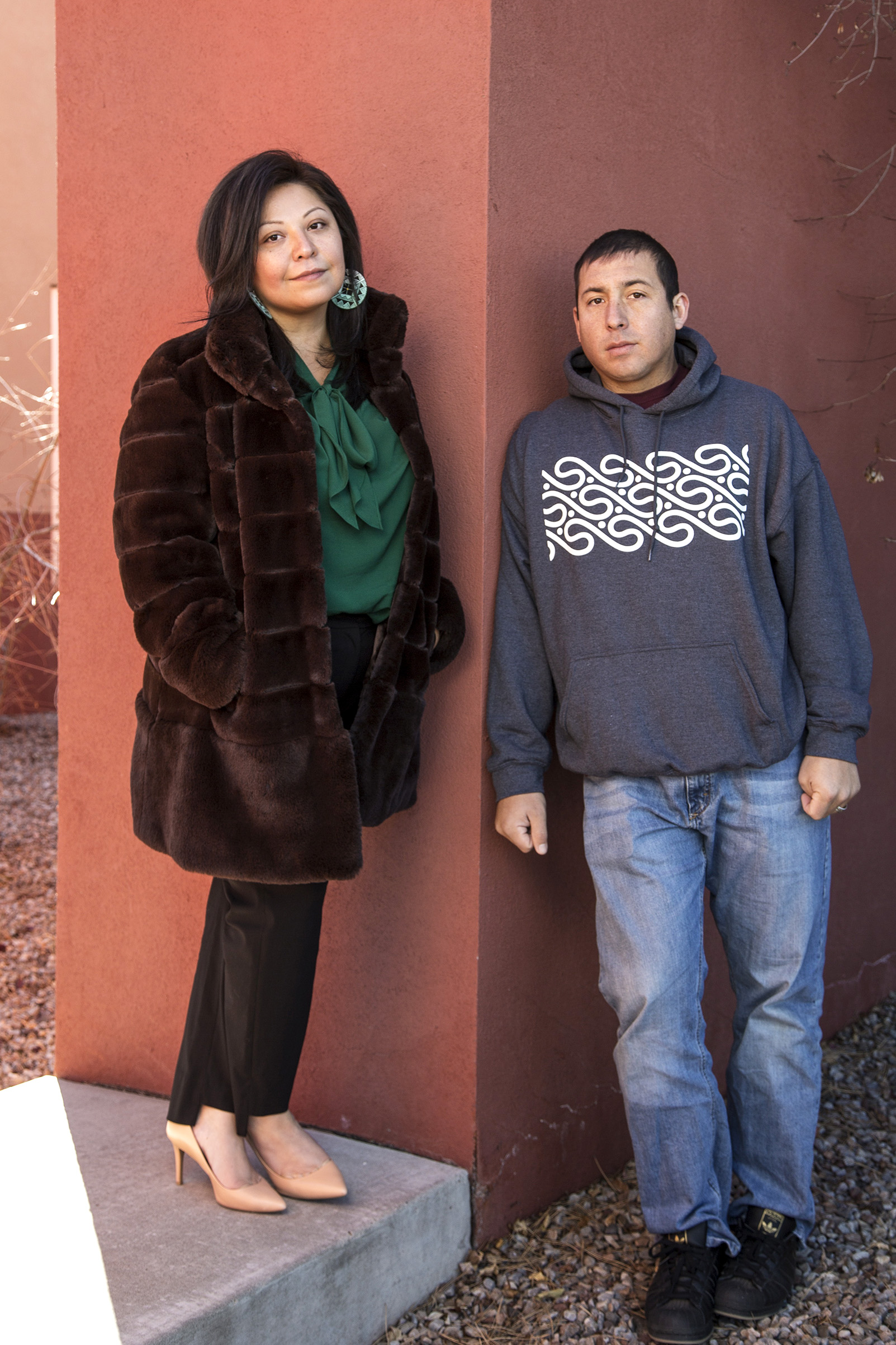
Terese Marie Mailhot: How did you form your aesthetic?
Tommy Orange: I wanted to create a fast-moving vehicle to drive somebody to some brutal truth. There’s so much information everyone could access about the realities of Native communities, and they don’t. So if you can convince people by giving them a good reading experience to actually think about these things, you sort of trick them into changing.
T.M.M.: You illustrate the loneliness of trying to find one’s identity through stories.
T.O.: How we see ourselves reflected or not reflected in literature, TV and movies, it’s pretty lonely as a Native person. For urban Native people, it’s a double invisibility. Being half white and half Native, I’ve never felt fully a part of either community.
T.M.M.: I grew up around Natives and experienced the same loneliness. There’s something profound about bringing these characters together for a powwow–that space is unique in its ability to gather a conglomeration of identities, cultures and families. What inspired you?
T.O.: I thought it was a really amazing coming together of traditional aspects as well as contemporary ones. It’s a place where you see people in the parking lot changing from their street clothes to looking very Indian. The first thing I thought of before I started was that I was going to have a whole bunch of characters and their lives converge at an Oakland powwow at the Coliseum.
T.M.M.: I’ve heard you describe the work as a polyphonic novel.
T.O.: We fight against a monolithic version of ourselves as historical, traditional and “back to the land.” So to have modern voices struggling with different things was a powerful way to be thought of as human in the present tense and as complex as anybody else.
T.M.M.: Louise Erdrich has said about you, “Welcome to a brilliant and generous artist.” How did you feel hearing that from one of the best-known authors within our literary circle?
T.O.: I was traveling when I found this out. I’d gone up in the air, and when I landed I found out my story was out and five minutes later that Erdrich had blurbed for the book. I was just crying in the airport out of gratitude.
T.M.M.: So many people cry in the airport. But yours were tears of joy.
T.O.: That moment will always stay with me. I’m sure you have things that will always stay with you.
T.M.M.: I’m still waiting on a call from Oprah. After I hit the best-seller list, people were like, “Let’s keep you there.” People not expecting that of us and us working in the dark helped us. Nobody saw us coming.
More Must-Reads from TIME
- Donald Trump Is TIME's 2024 Person of the Year
- Why We Chose Trump as Person of the Year
- Is Intermittent Fasting Good or Bad for You?
- The 100 Must-Read Books of 2024
- The 20 Best Christmas TV Episodes
- Column: If Optimism Feels Ridiculous Now, Try Hope
- The Future of Climate Action Is Trade Policy
- Merle Bombardieri Is Helping People Make the Baby Decision
Contact us at letters@time.com